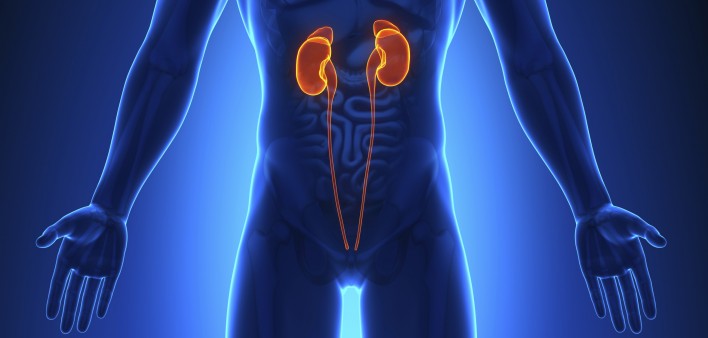Curing hepatitis C virus (HCV) is associated with a reduced risk of death, kidney disease and diabetes. Researchers analyzed data from the GeSIDA 3603 cohort of HIV/HCV-coinfected individuals who were treated with interferon and ribavirin between 2000 and 2008 in 19 centers in Spain. Findings were presented at the 2016 Conference on Retroviruses and Opportunistic Infections (CROI) in Boston.
Out of 1625 individuals, 592 (36 percent) were cured of the virus.
After a median follow-up of 5.2 years among those who were cured and 5.5 years among those who were not, participants who were cured experienced lower rates of kidney disease “events,” diabetes and non-AIDS-related sepsis.
After adjusting the data for various factors, the researchers found that a hep C cure was associated with a 62 percent reduced risk of death, a 63 percent reduced risk of kidney events, and a 46 percent reduced risk of diabetes. All of these associations were statistically significant, meaning it is unlikely they occurred by chance. The researchers did not find statistically significant associations between a hep C cure and the risk of non-liver-related, non-AIDS-related death; cardiovascular events; bone-related events; non-liver, non-AIDS-related cancer; and non-AIDS related sepsis.
To read the conference abstract and poster, click here.







Comments
Comments